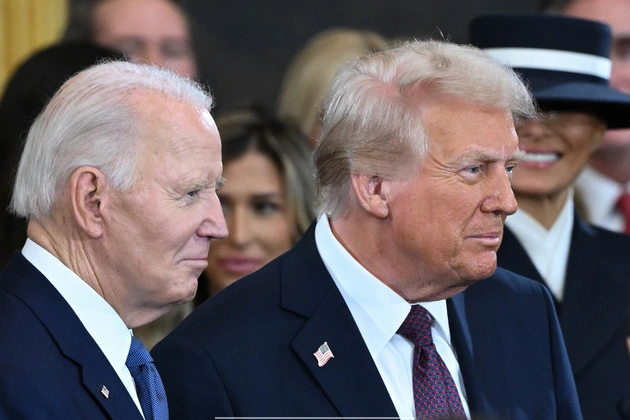
President Donald Trump made a controversial move recently by revoking former President Joe Biden’s access to sensitive national security information. This decision, seen as a retaliatory measure by Trump, has sparked debates and raised concerns about the implications for national security protocols.
Background of the Decision
Trump’s directive to deny Biden classified intelligence briefings stems from Biden’s own decision to halt Trump’s access following the events of January 6, 2021, when the Capitol was breached. In a statement on Truth Social, Trump justified his action by stating that there was no justification for Biden to continue receiving such information, citing Biden’s previous directive to restrict Trump’s access in 2021.
The Hur Report and Allegations Against Biden
As part of his reasoning, Trump referenced special counsel Robert Hur’s 2024 report on Biden’s handling of classified documents. While the report did not recommend criminal charges, it did highlight concerns about Biden’s memory and ability to safeguard sensitive information. Trump’s decision to cut off Biden’s access underscores his commitment to protecting national security interests, as he believes Biden’s track record raises doubts about his trustworthiness in handling classified data.
Reciprocal Actions and Political Tensions
Biden, upon assuming office, reciprocated by denying Trump access to daily briefings, citing concerns about Trump’s erratic behavior and the necessity of such briefings. The tit-for-tat actions between the two administrations reflect the ongoing political tensions and lack of trust between the former and current presidents.
As of now, Biden’s camp has not issued an immediate response to Trump’s decision, leaving room for speculation on how this move will impact diplomatic relations and the handling of sensitive information moving forward.















